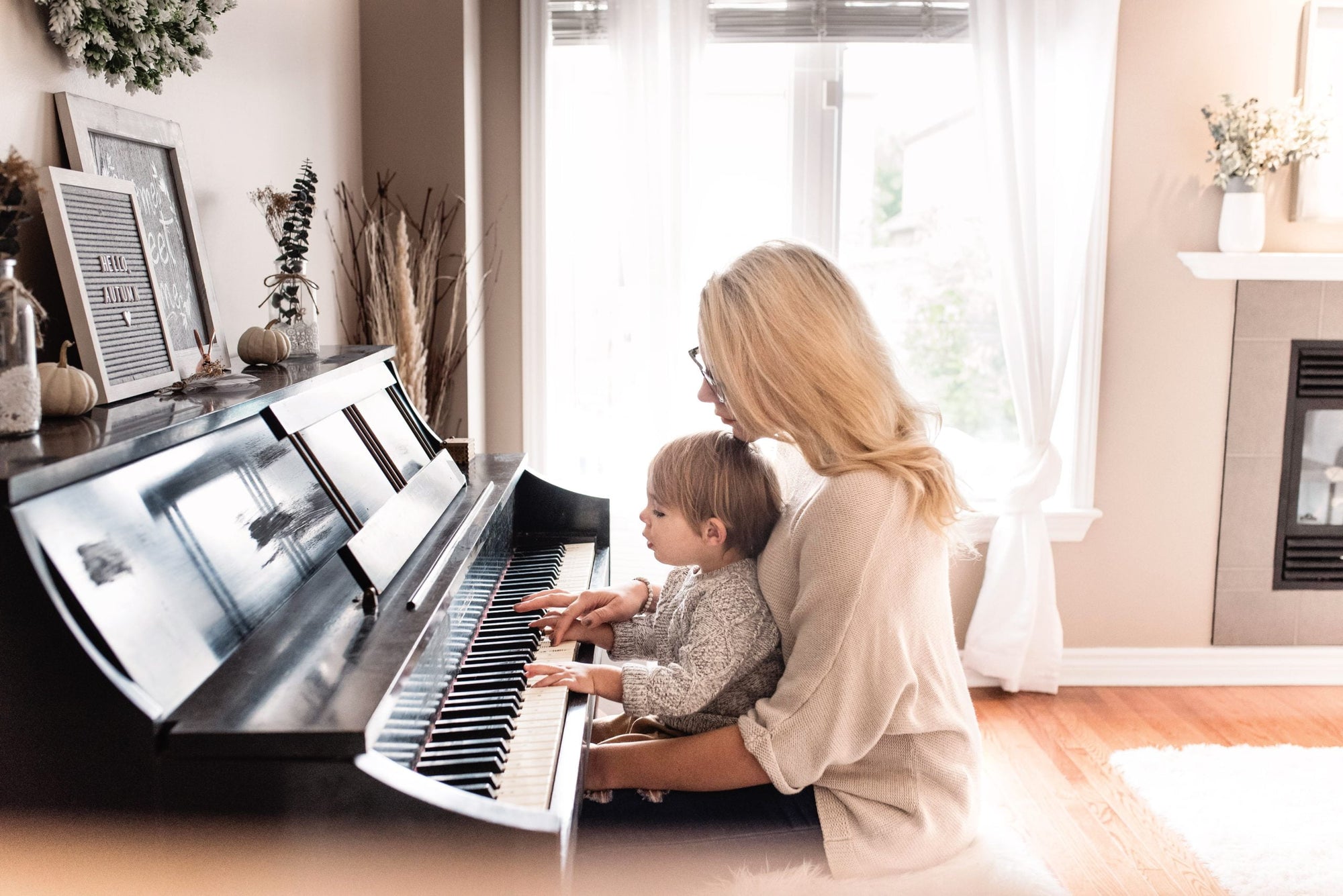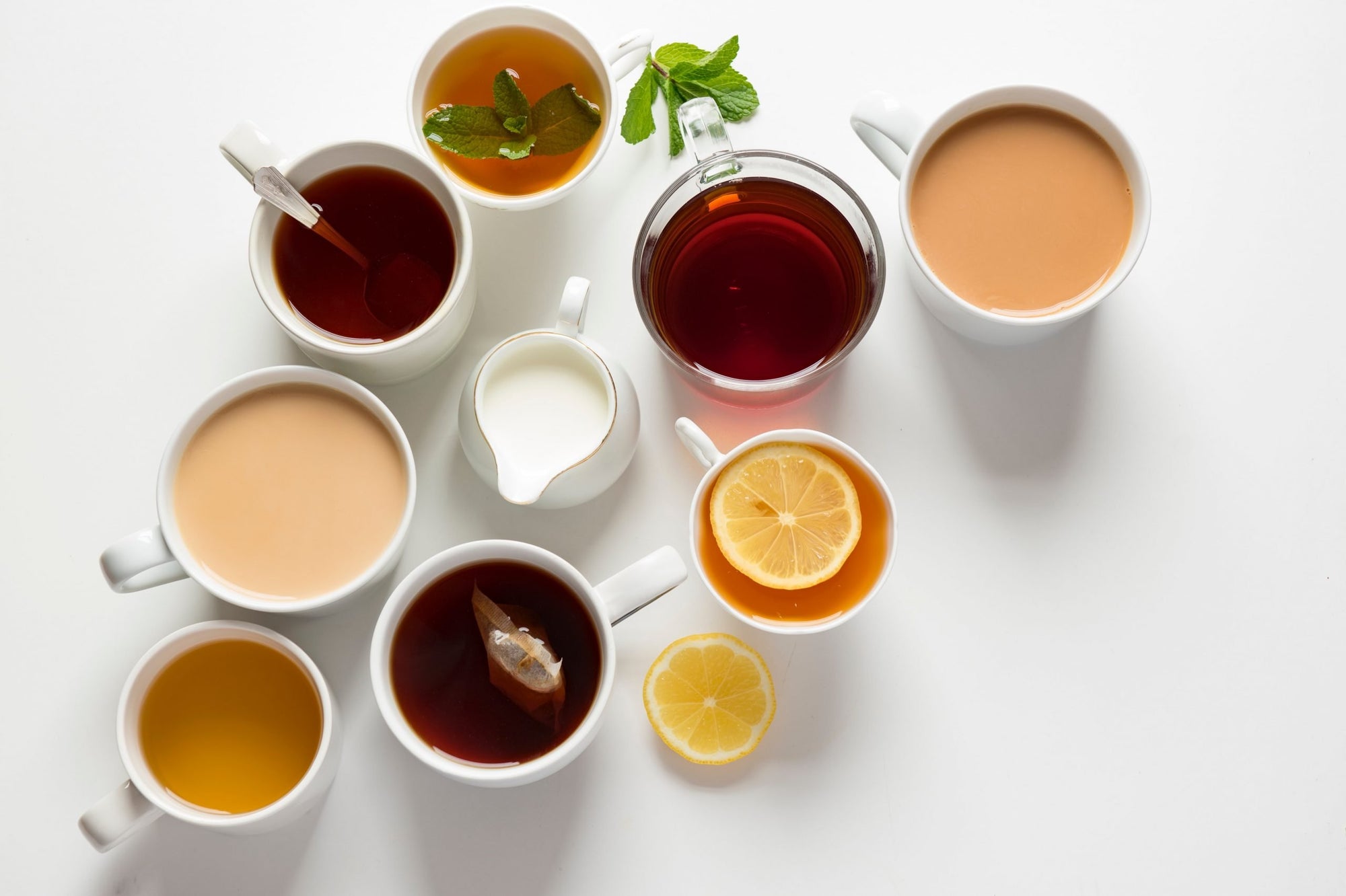Seriously-how do you feel?
This week is children's mental health week. Since March last year, the nation's mental health has become an undulating wave moving in tandem with each new stage of this crisis. Locked in, isolated from our loved ones and even circumstantial chat buddies, and in fear for our physical health, there is no doubt that times are tough for our noggins.
Express yourself
The work of Place2Be and The Duchess of Cambridge have reminded us that the mental health of our children is incredibly important and needs our careful attention this week and every week through this pandemic crisis and beyond. As parents, teachers and compassionate humans, we all want our children to feel happy and content and be at their best. How can we help them do this?
First things first, ask
As adults we find it hard to discuss our emotions. Research has shown that when we are asked to describe our feelings in detail, ¾ of us find it hard to answer with a word that means something, We say ‘fine’, ‘ok’ (or maybe ‘grand’ if you are Irish like my husband). We answer without even thinking. Then we swiftly move on to the meat of the conversation. Talking about emotions is difficult and something that we may not have had much experience of. Which is crazy when you think about it considering how many different feelings and emotions we all go through every day. Evidence from Professor Brackett at Yale University has shown that if we can learn to identify, express and harness our feelings, even the difficult ones, we can use these emotions to help us create positive, satisfying lives.
Listen to the answer
By asking our children how they are feeling, we are giving them a chance to express themselves. But the hardest part for us as adults maybe is listening to the answer. As we all know after our experiences of homeschooling or even just spending time with a toddler, children are not always predictable. It can be helpful to acknowledge this is difficult to avoid judging their answer.
‘All Learning has an emotional base’ Plato
To help our children learn in the classroom (whatever your version of that looks like right now) or outside,being able to help them with their emotions is vital. With young children their emotions can be obvious and our caring instincts will instantly kick in when you see tears or hear fear or anger expressed. But as they get older it can be harder both for them and for us as caregivers to tackle feelings with the same confidence.
Mindful Moments
Helping our children develop a gentle awareness of the present moment and acknowledging this without judgement or agenda forms the basis of mindfulness. Mindfulness has been shown to help children handle stress, improve attention and build healthier relationships. From next week we are going to be posting our ‘Noggin Nuggets’ to help with mindful moments at home and when you are out and about.
Remember the Basics
When we are tired we find it harder to manage our own emotions and we’re much more likely to fly off the handle or snap at something that normally would only raise an eyebrow.
The self care basics for us as adults is even more important when we are trying to help support the emotions of our little ones, even if your little ones are not that little anymore.
As a family, or a bubble, and as an individual, we have a duty to look after ourselves. For us and those around us.
Sleep, get outside, hydrate and nourish yourself with the tastiest healthiest food you can. Watch your sugar intake and minimise your alcohol. Take breaks and indulge in your own distractions, even if it's only for a few minutes here and there. Whether it is Bridgerton or baking, even a few moments to yourself can help you refuel and be able to both answer and listen to the answers to ‘how are you feeling’.
Keep Well,
Dr Clara Russell









